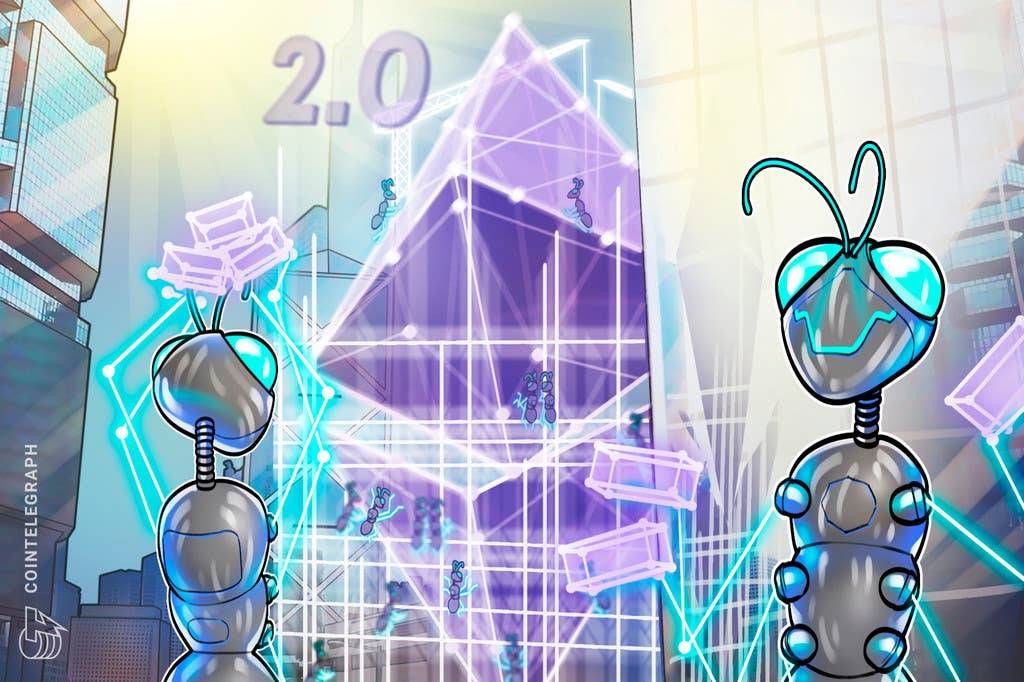
While Ethereum 2.0 staking allows validators to be compensated for safeguarding the network, Ethereum 2.0 Staking Earn’ is a standalone product that compensates users from a variety of DeFi products.
During each validation cycle on Ethereum 2.0, the PoS-powered blockchain will bundle 32 blocks of transactions. Each block bundle is referred to as an epoch, which is a collection of completed transactions.
During the validation process, often referred to as „attesting,“ the Beacon Chain divides stakeholder groups into 128 „committees,“ each of which is assigned a shard block. A base reward will control the rate at which Ethereum 2.0 is issued. The more validators connected to Ethereum 2.0, the lower the base payment per validator will be. This is because the basic reward is inversely proportional to the square root of the balance of validators on Ethereum 2.0.
By contrast, Eth2.0 Staking Earn is a product of Matrixport, an Asian-based financial services platform. This solution enables users to engage in Ethereum 2.0 staking with a lower entry barrier while still earning rewards from other DeFi initiatives.
Eth2.0 Staking Earn aims to increase yields by utilizing established DeFi protocols. According to the Matrixport team, the platform is „supported by industry-leading staking providers,“ including Lido, the world’s largest decentralized contract for Ethereum 2.0 staking with over 540,000 ETH staked, and Curve.
Users benefit from dependable currency exchange services with reduced slippage and transaction fees when they use Curve. As a result of the 2.30 percent Ethereum 2.0 staking reward, 6.81 percent DeFi mining token revenue, and 0.14 transaction fee revenue, Ethereum 2.0 Staking Earn generates yields of between 3 and 10%.
Cointelegraph makes no representations or endorsements of the content or products on this page. While we make every effort to provide you with all pertinent information, readers should conduct their own research before taking any action relating to the firm and bear full responsibility for their decisions; this post is not intended to serve as financial advice.























